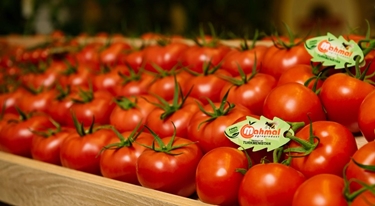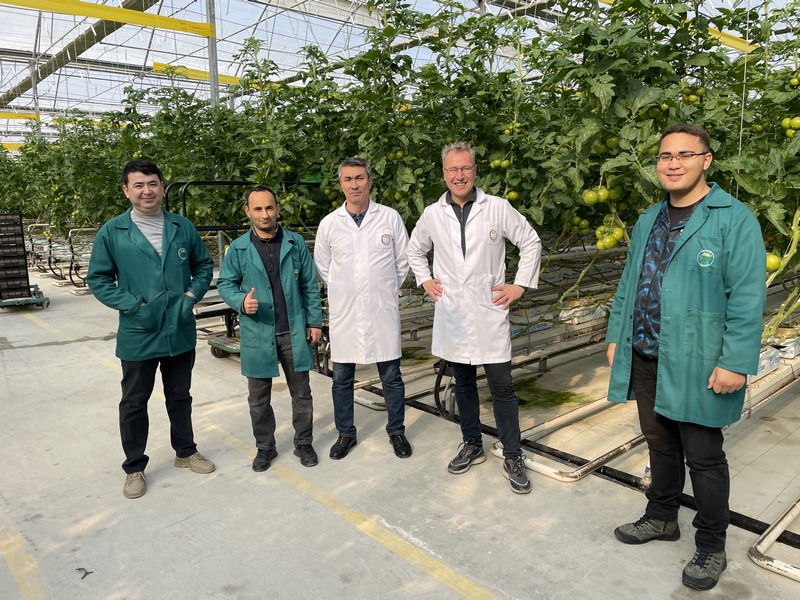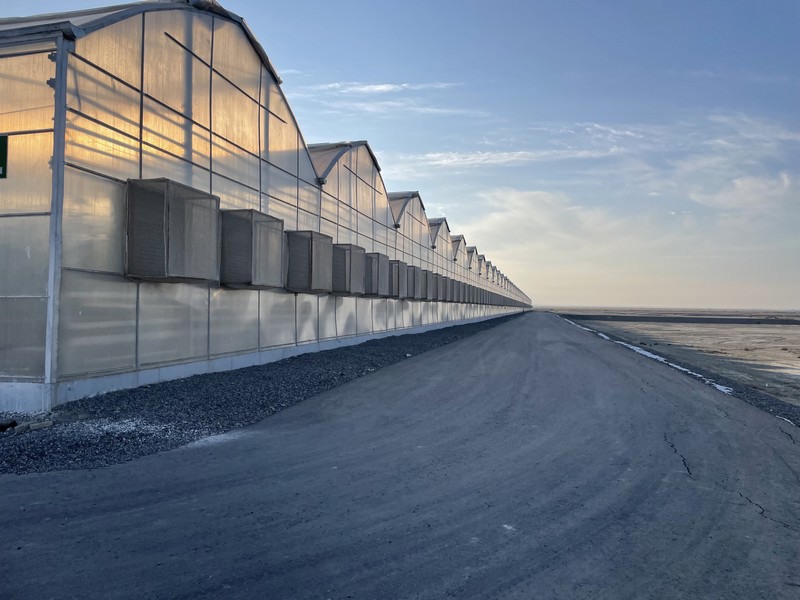Economic Society “Yigit”, one of the largest tomato producers, has established partnerships with consultants from the Netherlands
Three years have passed since Jan Zegwaard, a former grower, started cooperating with the Turkmen company “Yigit” through the cooperation community GrowersAdvice4You (Netherlands). The specialized portal HortiDaily tells about how this partnership develops in practice and what role digital technologies play in this case.
“They are 4 hours ahead of us, so when I wake up in the morning, their day is already well underway, and several questions are ready to be discussed. I can take over and operate the climate computer, look at graphs, see watering strategies, and share data with different programs,” says Jan.
The nursery he oversees is located at a distance of 5,500 kilometers in Turkmenistan.
The club of agricultural consultants GrowersAdvice4You has already had experience of cooperation with greenhouses from Uzbekistan and Afghanistan. Thanks to monthly field visits of experts and digital consultations, it is possible to maintain the condition of greenhouses remotely. However, during the pandemic, digital technologies has become vital.
“You make sure you cover the same topics as you’d normally do, only you can’t see the greenhouse in real life,” Jan says. “You don’t walk among the plants but come a long way.”
And this strategy worked. Initially, Jan consulted only 10 hectares of greenhouse areas, and later other experts joined the process – Michel van Ruijven and Martien Duijndam. They were allowed to advise all 30 hectares. Now the greenhouse areas of the ES have expanded to 50 hectares.
The climate in the Turkmen Karakum desert, where greenhouses are located, is extreme: temperatures can reach 45 degrees Celsius in dry summers and drop below zero in winter. Therefore, greenhouses are equipped with both substantial heating and a cooling system.
Based on the data on lighting and temperature, a countercyclical growing schedule was established, where they sow in summer and first use cooled greenhouses. Cultivation is carried out on coconut fiber.
“We are now investigating how to improve the automation. For example, with a new climate computer. Then we can make full use of techniques like the available heat buffers and control the boiler more sharply,” he says. And that strategy is very different from the practice adopted in the Netherlands, since Turkmenistan has the richest gas reserves. “There is no shortage of gas, and it’s not too expensive either,” Jan says.
Also now a small trial version of LED lighting is installed in greenhouses. “We have to start calculating for during the winter when the light radiation is just at the limit of what is permissible to get a mature crop through”, he added.
The company “Yigit” is part of a large industrial conglomerate. The group also includes a tire company, a porcelain factory and a farm of several thousand acres. “Everything is centrally regulated and managed. At the group’s headquarters is located in the capital, and they can look inside the greenhouses 200 kilometers away on a big screen. In Block A alone, there are already at least 50 different cameras broadcasting non-stop what is happening in the greenhouse,” says a consultant from the Netherlands.
In January of this year, Jan visited Turkmenistan and was very impressed with the state of the greenhouse farm belonging to “Yigit”.
He recalled that Yigit became the first company in Turkmenistan awarded the Global GAP certificate. This achievement multiplies the export potential of the manufacturer.
According to Jan Zegwaard, the company has the potential to expand to more than 200 hectares. Turkmen tomatoes are already exported to Kazakhstan, Uzbekistan, Russia and the Middle East under the brand name Mahmal Agroproduct. ///nCa, 6 April 2023 [photo credit – HortiDaily]



